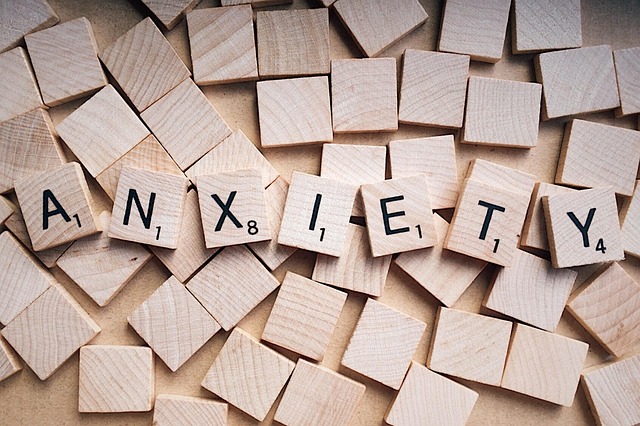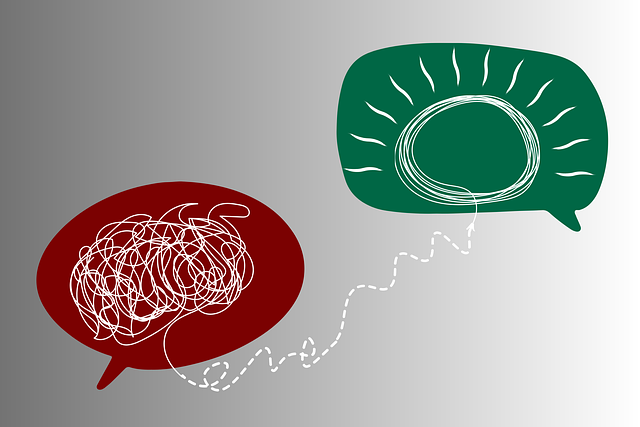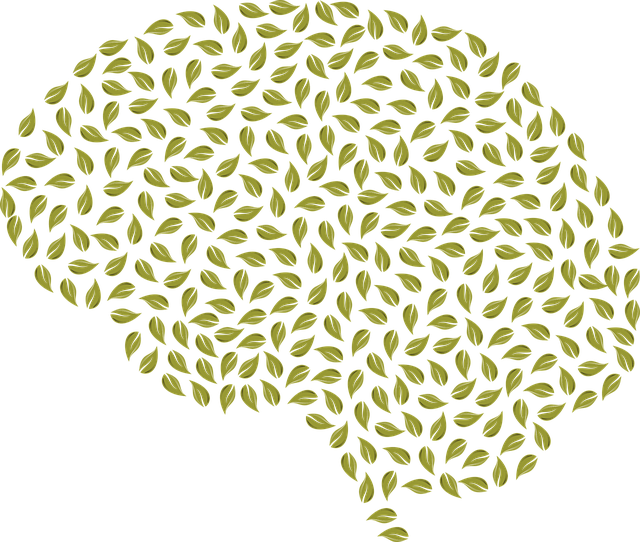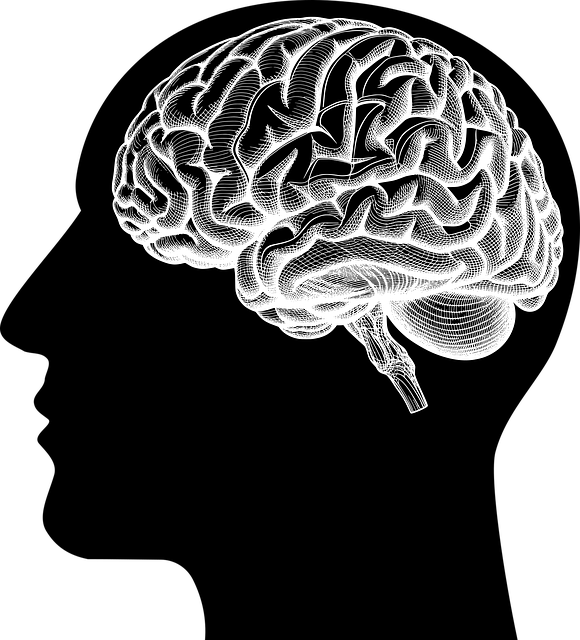Mental wellness journaling is a powerful tool for self-reflection and personal growth, aiding in stress management and celebrating achievements. It's particularly effective for conditions like Boulder Adjustment Disorder (BAD), offering a safe space to process emotions and gain insights through tailored exercises like gratitude practices and cognitive reframing. By creating a personalized journal with calming, inspiring content, individuals can prioritize mental wellness, enhance emotional intelligence, and foster resilience, supported by evidence-based practices and free-writing prompts for deeper self-awareness.
“Unleash your inner peace through the transformative power of mental wellness journaling. This article guides you on a journey of self-discovery, offering insights into how this practice can be a game-changer for managing Boulder Adjustment Disorder. From understanding its benefits to creating a personalized journal space, we explore effective techniques and prompts. Discover how capturing your thoughts and emotions can foster healing and enhance your path towards mental wellness, providing valuable tools for Boulder Adjustment Disorder therapy.”
- Understanding Mental Wellness Journaling: An Effective Tool for Self-Reflection
- Benefits of Journaling for Managing Boulder Adjustment Disorder
- Creating Your Journal: Customizing the Perfect Space for Healing
- Techniques and Prompts for Capturing Your Thoughts and Emotions
Understanding Mental Wellness Journaling: An Effective Tool for Self-Reflection

Mental wellness journaling is a powerful tool for self-reflection and personal growth. By dedicating time to record thoughts, feelings, and experiences, individuals can gain profound insights into their mental state. This practice fosters awareness, enabling people to identify patterns, triggers, and sources of stress or joy in their lives. It’s not just about documenting negative emotions; it’s a space for celebrating achievements, acknowledging progress, and exploring personal strengths.
For those dealing with conditions like Burnout Prevention or Boulder Adjustment Disorder Therapy, regular journaling can be transformative. It offers a safe and private avenue to process emotions, challenge negative thoughts, and develop effective coping strategies. Mental wellness coaching programs often incorporate this practice as it promotes self-care, enhances communication strategies, and provides tangible evidence of personal development—all vital aspects of holistic therapy and well-being.
Benefits of Journaling for Managing Boulder Adjustment Disorder

Journaling has emerged as a powerful tool for managing Boulder Adjustment Disorder (BAD), offering individuals an opportunity to process their emotions and gain insight into their mental health journey. By putting pen to paper, BAD sufferers can explore their thoughts and feelings related to traumatic events or significant life changes, which often underlie this disorder. This reflective practice allows them to identify triggers, process complex emotions, and develop healthier coping mechanisms.
Regular journaling provides a safe and private space for individuals to express themselves without judgment. It encourages self-awareness and promotes the development of emotional intelligence by helping users recognize and understand their feelings. Moreover, Mental Wellness Journaling Exercise Guidance tailored for BAD can incorporate techniques like gratitude practices, cognitive reframing, and mindfulness exercises. Such practices not only enhance self-esteem improvement but also foster a sense of resilience and empowerment in navigating life’s challenges. The Community Outreach Program Implementation focused on journaling can further normalize these practices, providing support networks and resources for those seeking Boulder Adjustment Disorder therapy.
Creating Your Journal: Customizing the Perfect Space for Healing

Creating your journal is a powerful first step in prioritizing mental wellness. Think of it as crafting a personalized sanctuary for self-reflection and healing. Start by choosing a space that feels calming and inspiring, free from distractions. This could be a quiet corner of your home, a peaceful garden, or even a dedicated desk area. Consider the size and format—a physical notebook, a digital document, or an app—that aligns with your preferences and accessibility. Make it yours by incorporating elements that resonate with you, such as motivational quotes, guided prompts, or colorful illustrations. This customization ensures that each entry feels like an extension of yourself, fostering a deeper connection during the journaling process.
The act of writing can be therapeutic in itself, especially when tailored to address specific needs. For instance, those dealing with Boulder Adjustment Disorder Therapy might find it beneficial to structure their journal with prompts related to emotional regulation and resilience. Public awareness campaigns and mental wellness podcast series production can also spark inspiration for creative journaling practices. Remember, the goal is to create a space where you feel comfortable exploring your thoughts and emotions, allowing for personal growth and improved mental wellness over time.
Techniques and Prompts for Capturing Your Thoughts and Emotions

Capturing your thoughts and emotions through journaling is a powerful tool for self-reflection and mental wellness, especially when supported by evidence-based practices. One effective technique involves setting aside dedicated time each day to write freely about your experiences. This practice, often referred to as free-writing, encourages unfiltered expression without judgment, allowing you to explore and understand your feelings deeply. For instance, consider beginning with a simple prompt like, “Describe my emotional state today,” and then let the words flow. This approach can be particularly beneficial for individuals dealing with conditions such as Boulder Adjustment Disorder Therapy, where managing emotions is crucial.
Prompts can also guide your journaling process, especially when facing challenges or seeking clarity. For instance, “What triggered this emotion?” or “How do I typically respond to stressful situations?” These questions encourage a deeper dive into your thoughts and behaviors. Additionally, incorporating mindfulness practices while journaling can enhance self-awareness. Reflecting on the present moment, your surroundings, and bodily sensations can offer valuable insights and support Mind Over Matter principles. Furthermore, building empathy for yourself through journaling can foster resilience and improve overall mental health, as it encourages a compassionate attitude towards one’s own experiences.
Mental wellness journaling offers a powerful and personal approach to managing disorders like Boulder Adjustment Disorder. By creating a dedicated space for self-reflection and emotional expression, individuals can gain deeper insights into their thoughts and emotions, fostering healing and growth. Customizing your journal with prompts tailored to your unique experiences enhances the therapeutic process, making it an accessible and effective tool for anyone seeking to improve their mental wellness. Embrace this practice as a game-changer in your journey towards resilience and emotional balance.














